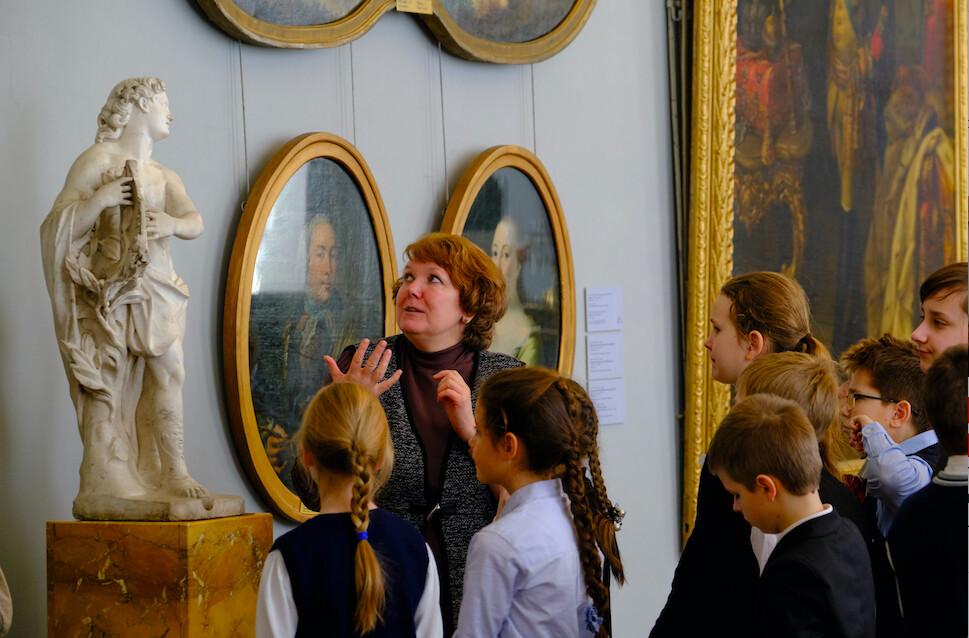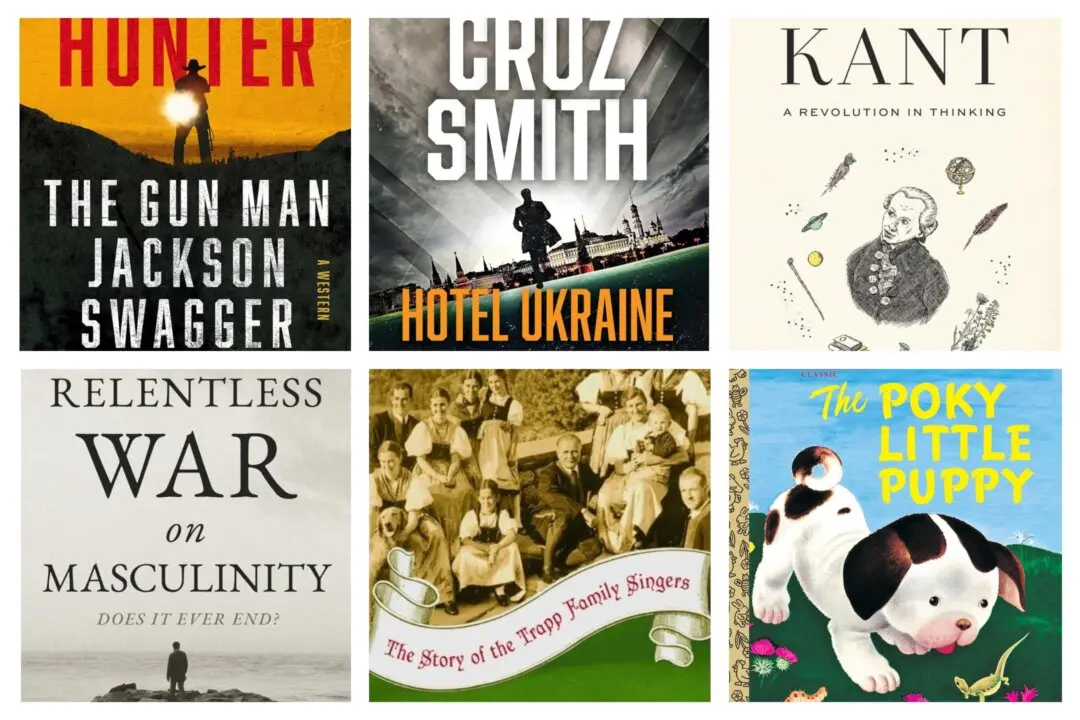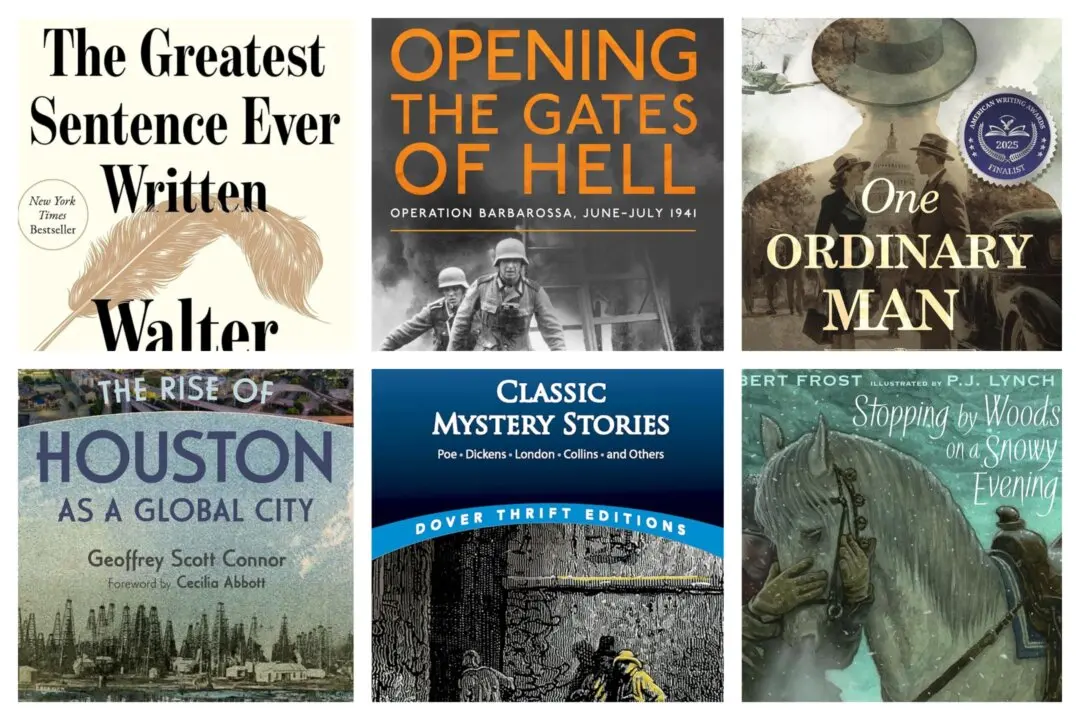Ensuring our children are given a solid education in history is becoming an ever-pressing issue. I recently asked John De Gree, founder of the history curriculum company, The Classical Historian, about his thoughts on and tips for teaching history. Here’s what he said.
The Epoch Times: What inspired you to dedicate yourself to teaching history?






